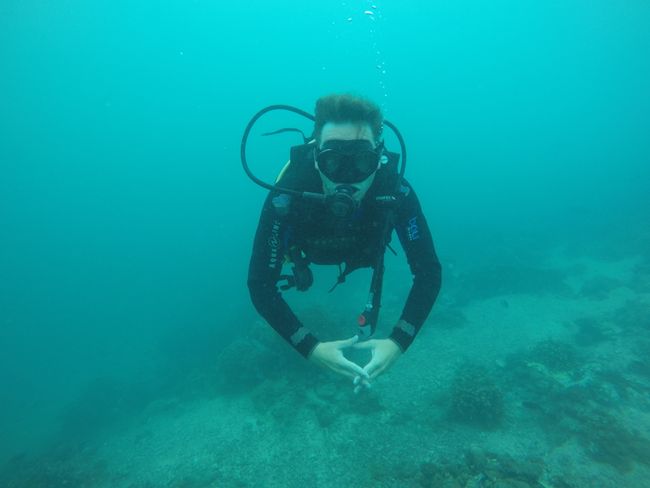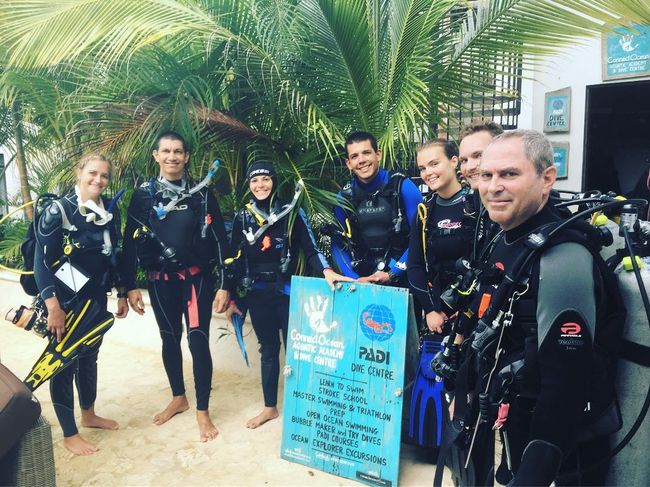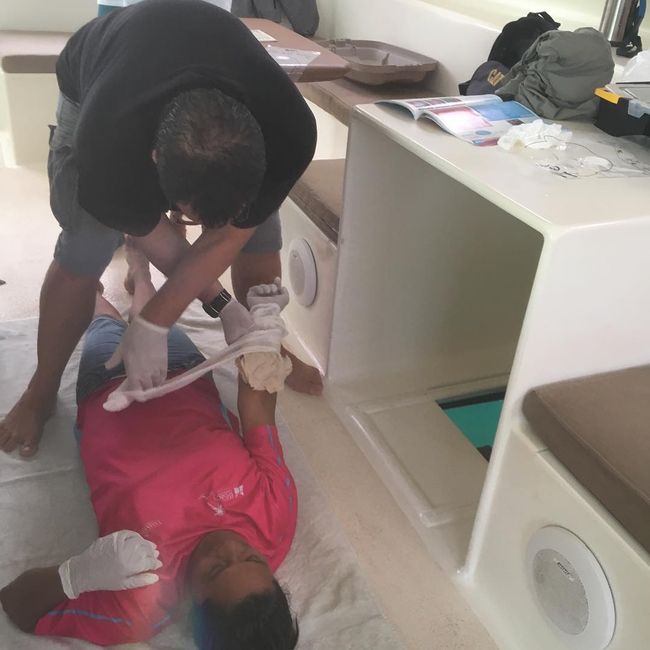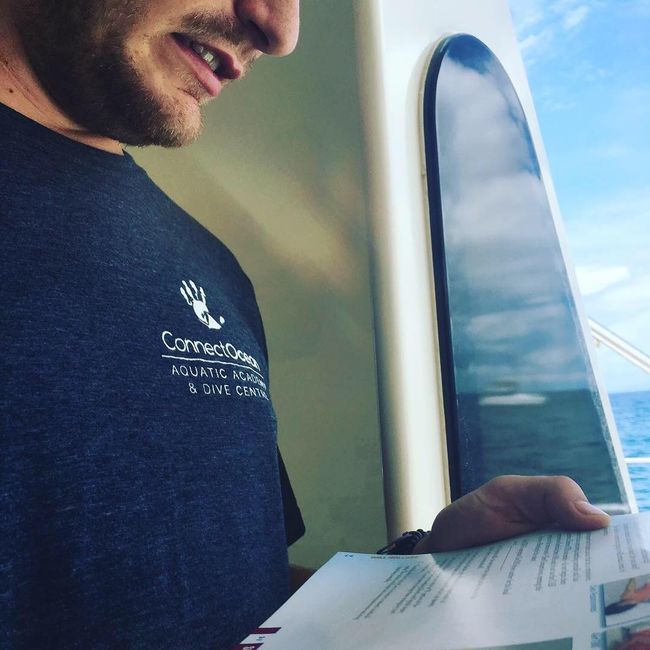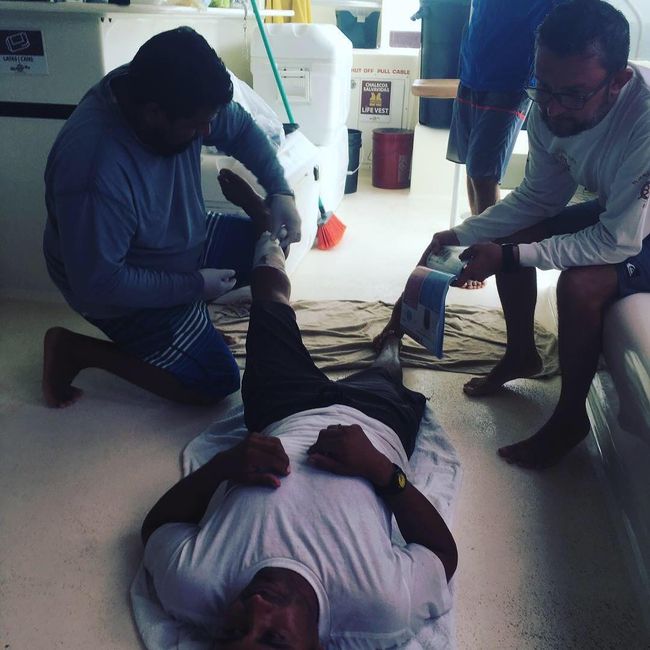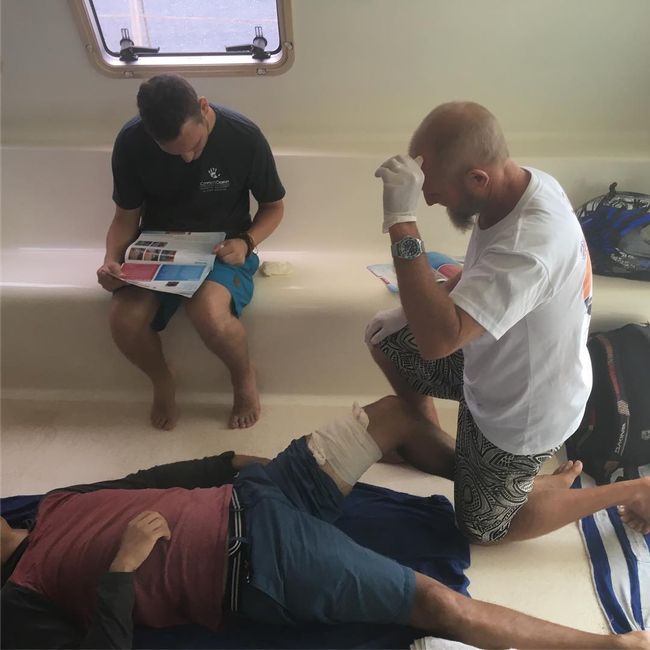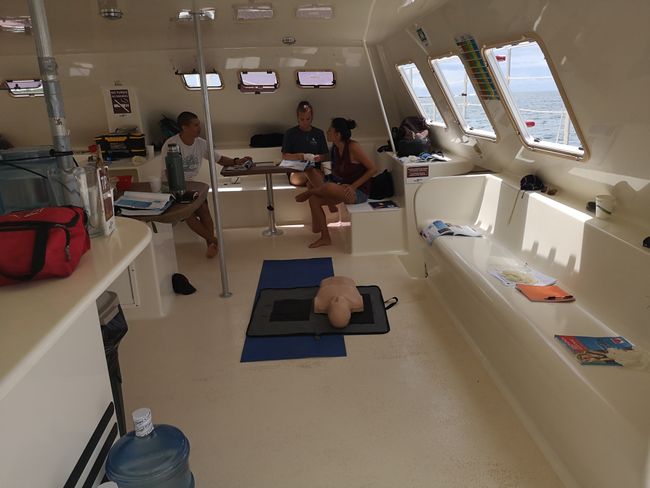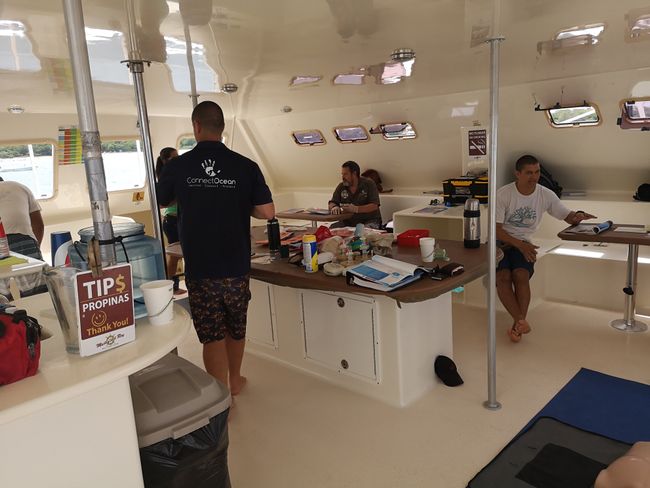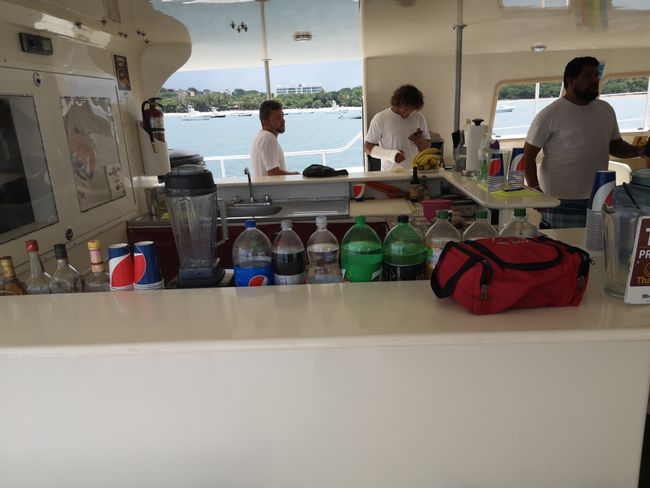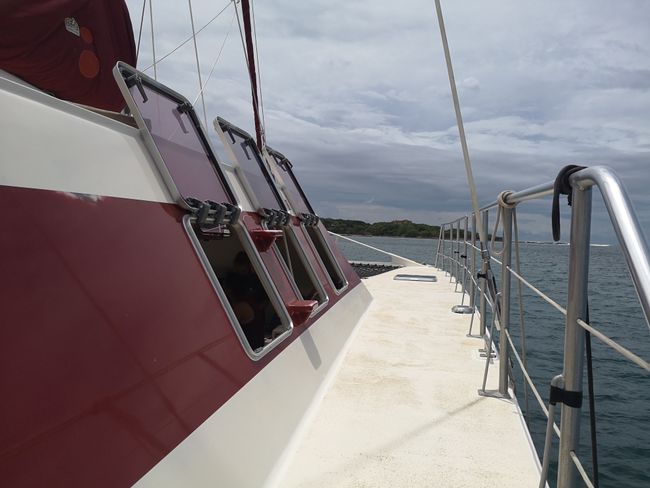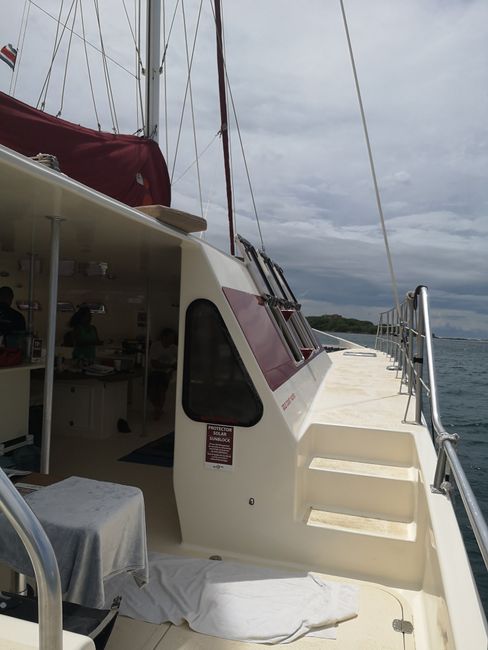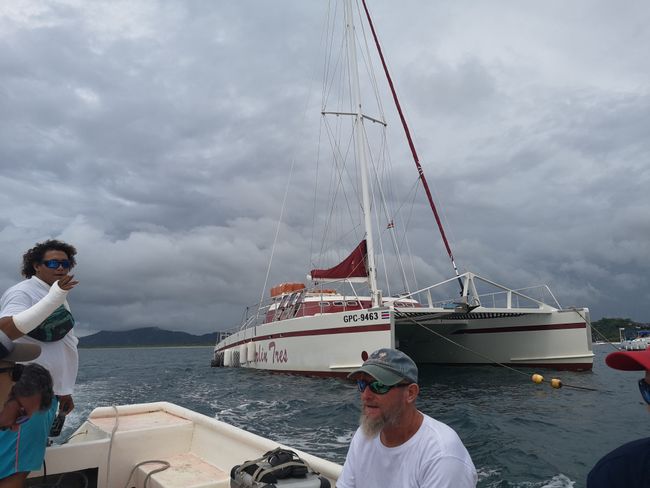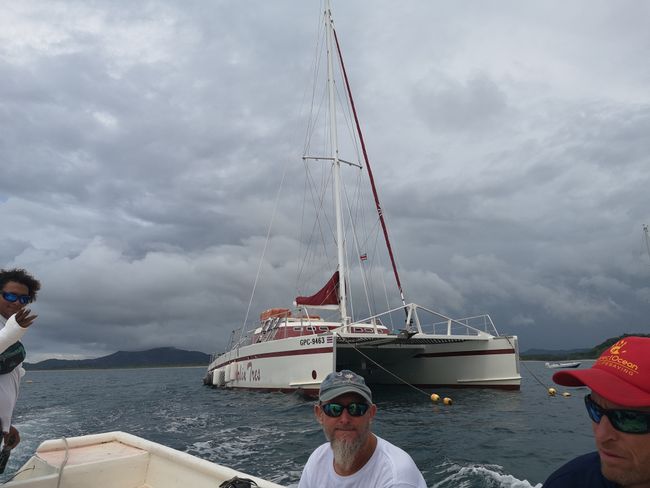Rescue Diver
Imechapishwa: 14.10.2018
Jiandikishe kwa Jarida
On the way to becoming a Divemaster, I first have to complete my Rescue Diver - Together with Anna and 3 other instructors, our class consisted of 5 divers.
First, we had a first aid course. And since the crew of a catamaran had booked a first aid course with us (ConnectOcean), the course took place on their catamaran. There are definitely worse classrooms.

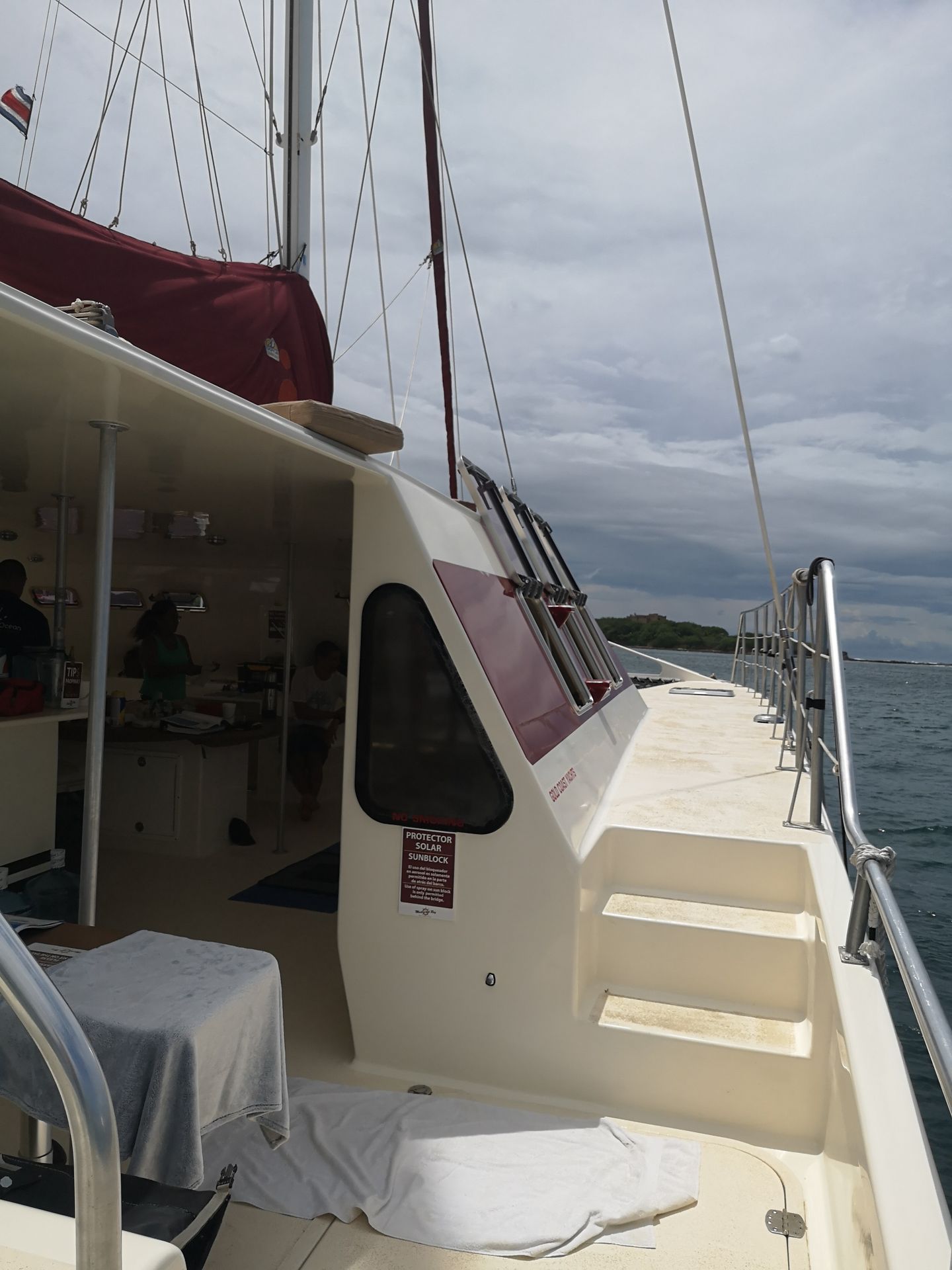
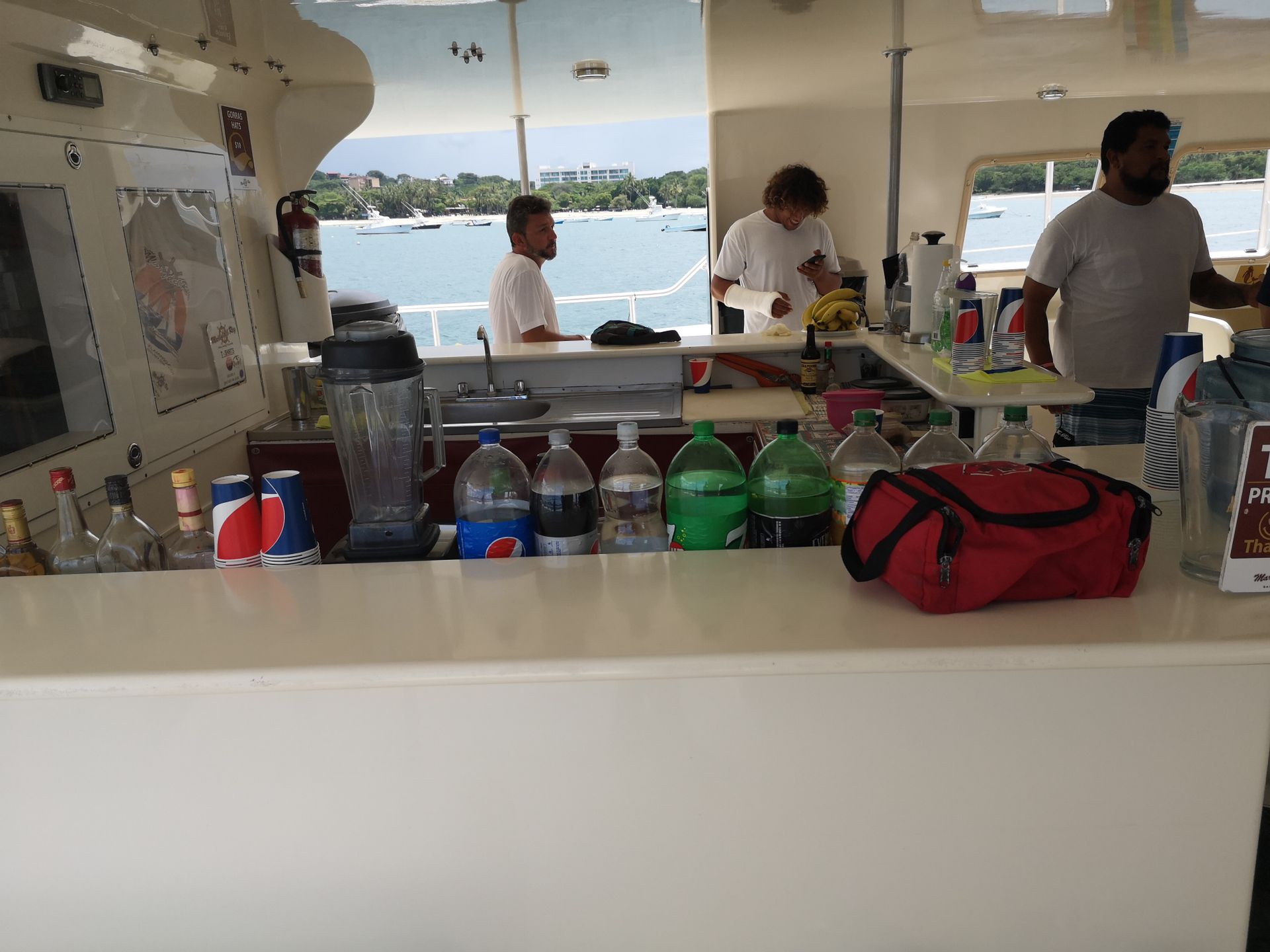
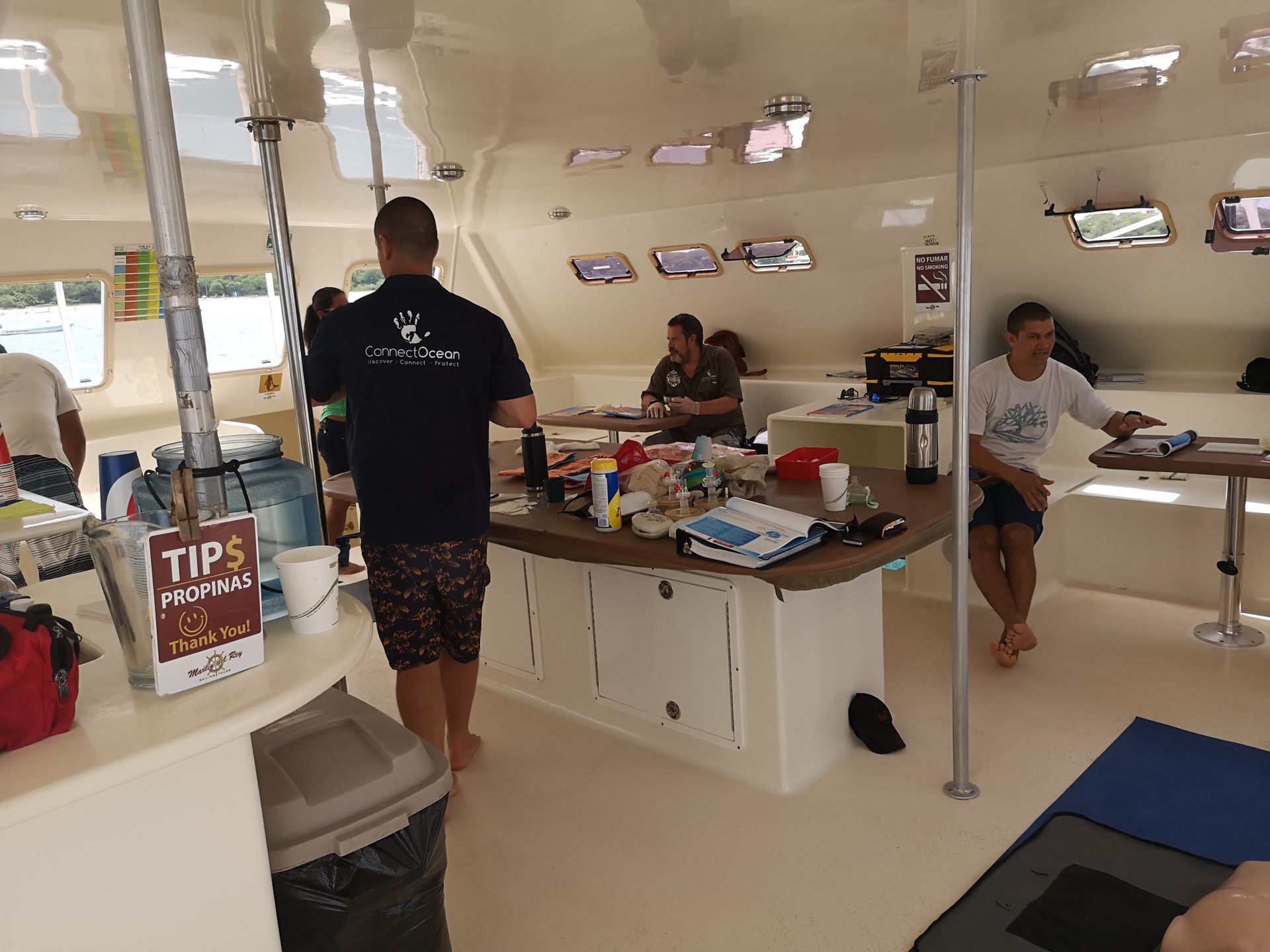
In two days, we learned a lot about first aid and CPR (Cardiopulmonary Resuscitation). We simulated different scenarios and practiced the necessary steps. We learned that time plays an enormously important role, but we must never lose sight of our own safety. Otherwise, there suddenly are 2 victims instead of one. We were also impressed that if we come across an accident, we need to act outside of our comfort zone and that we have the necessary skills with this training. There is no excuse anymore. The most important rule in first aid is: Able care given is better than perfect care withheld!!
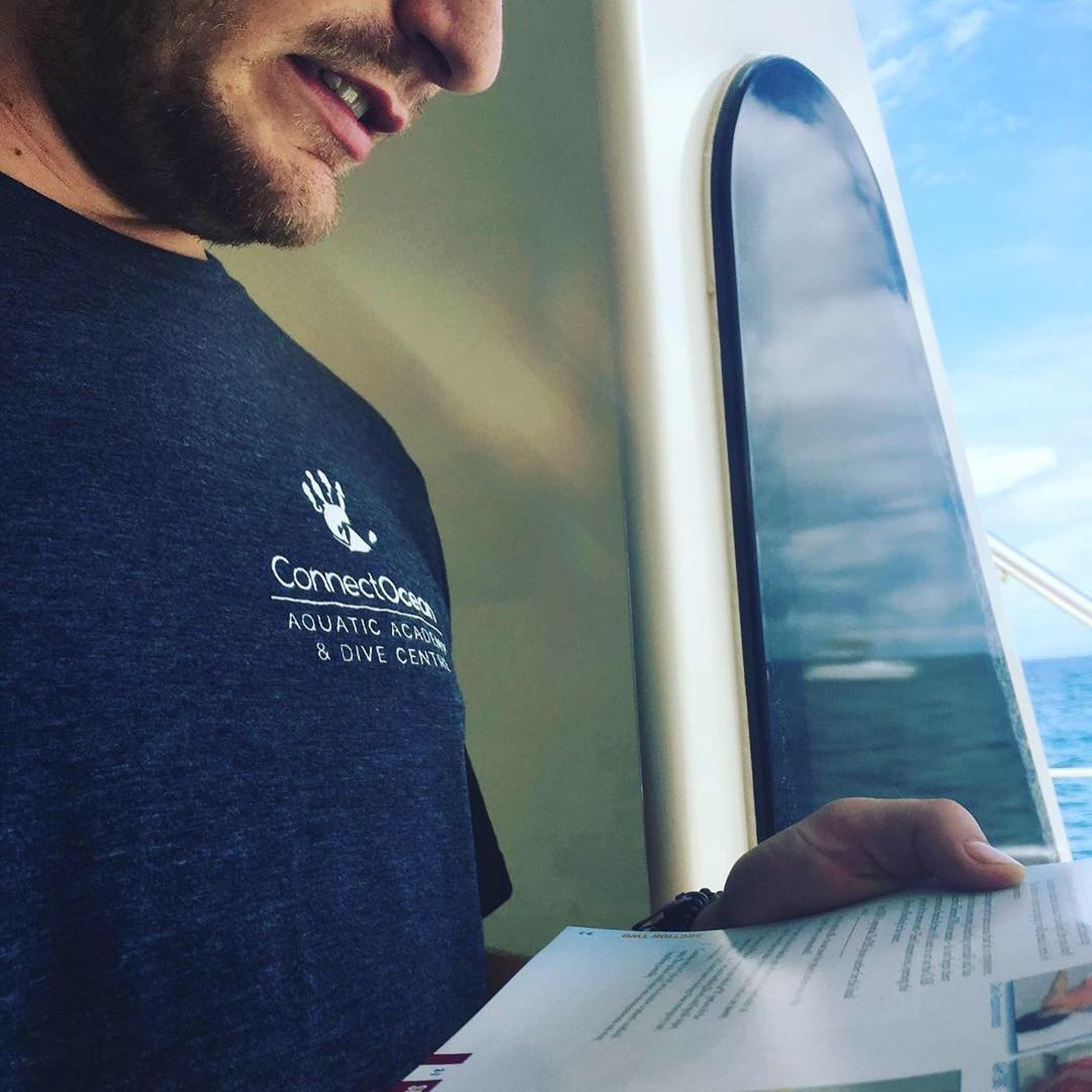
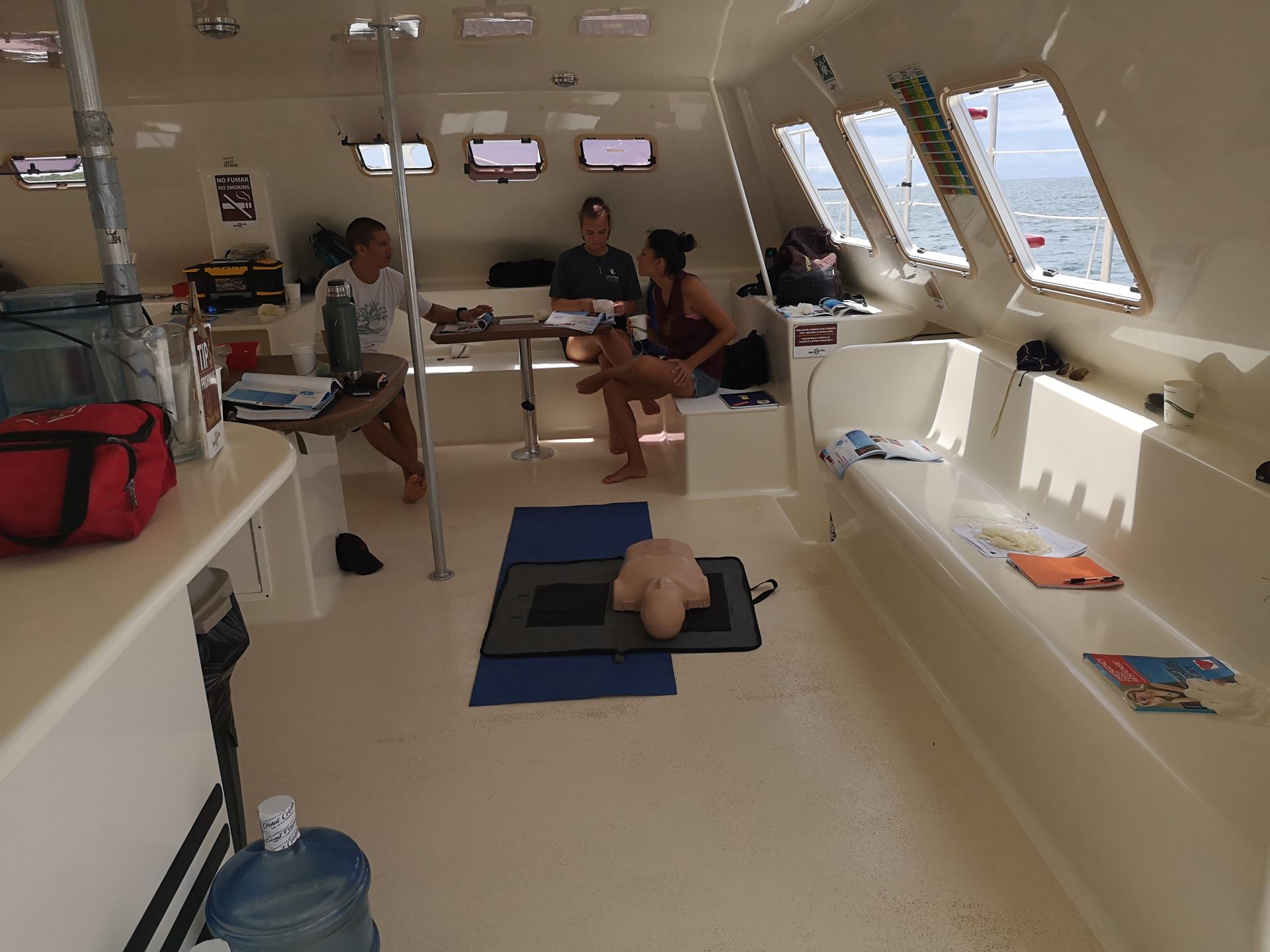
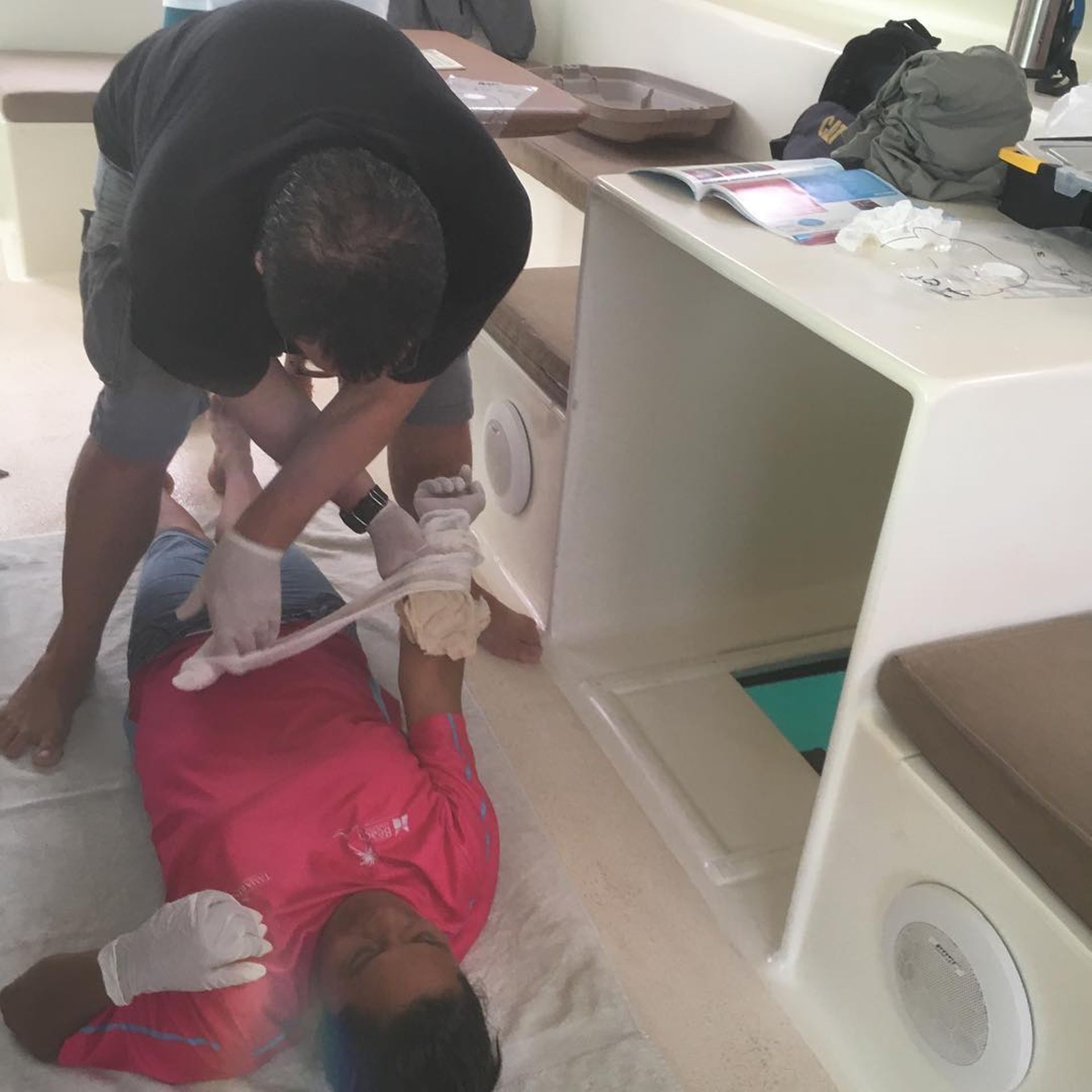

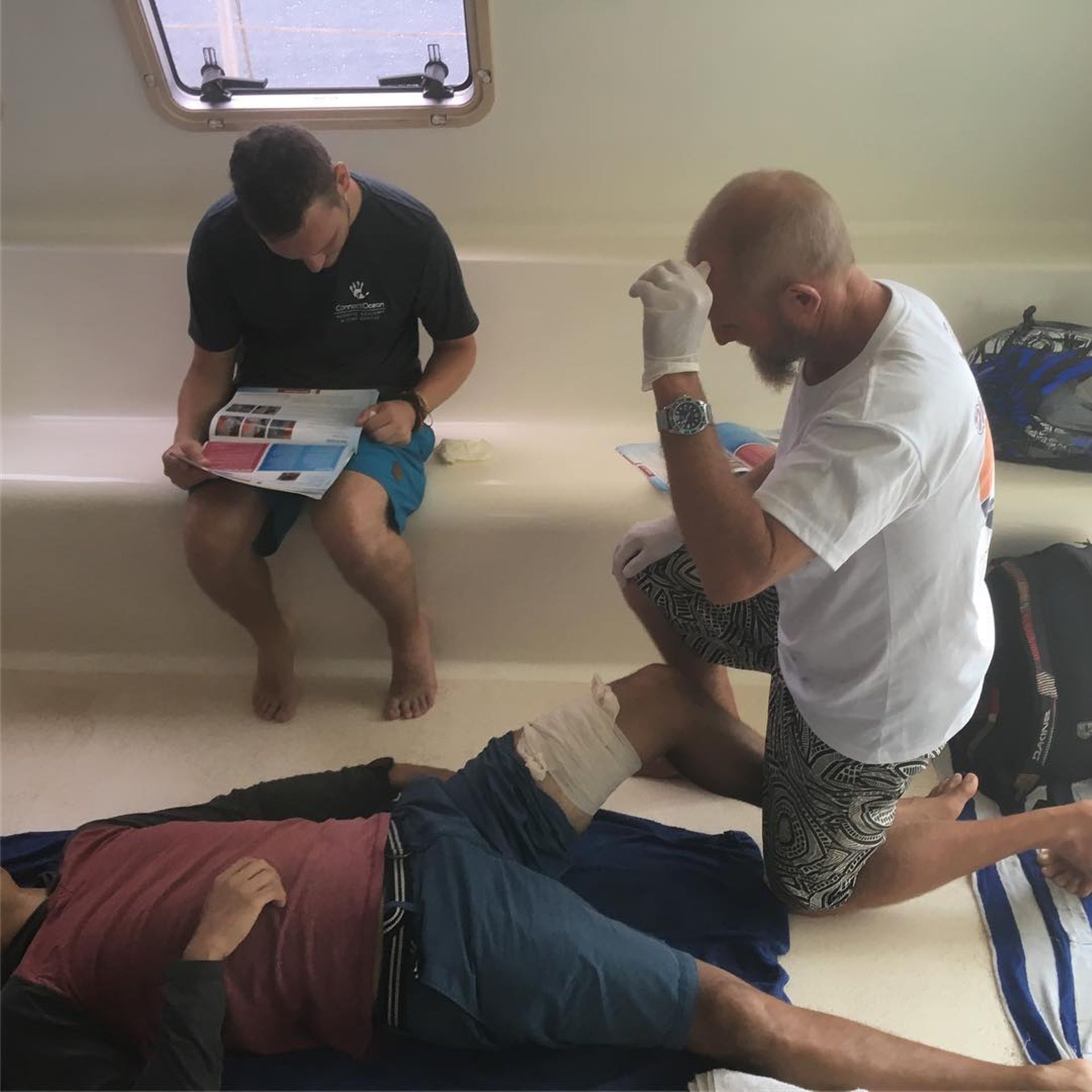
In two pool sessions, we learned how to help divers in distress and how to recognize them, preferably before an accident happens. We trained different techniques to care for and calm exhausted or panicked divers at the surface. We also learned how to handle unconscious divers both at the surface and during the dive. The various exercises were very intense and sometimes exhausting, but we learned a lot.
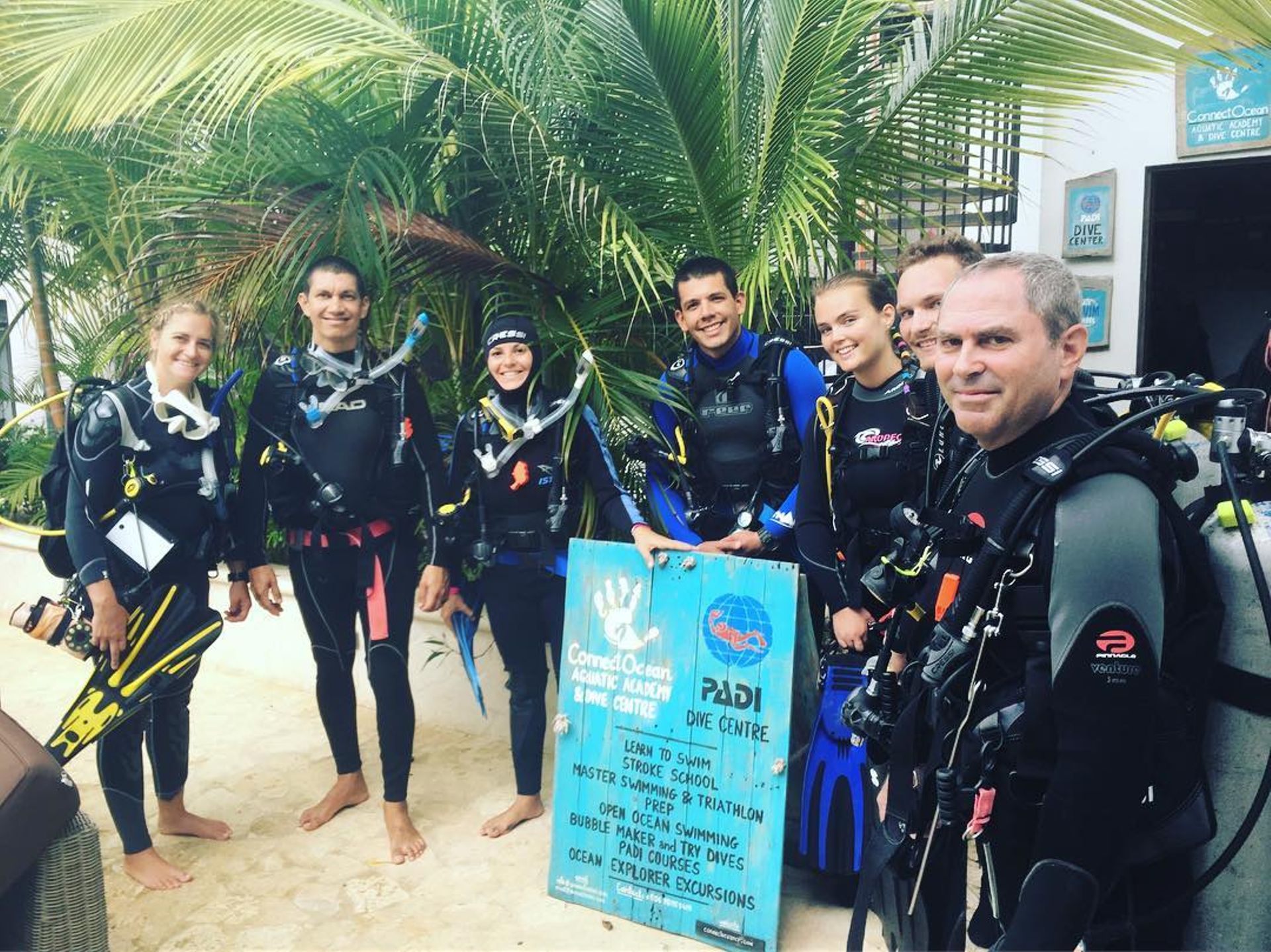
We did the 'missing Diver scenario' in the sea. And the conditions could not have been more real. The visibility was very poor. Maybe 20 cm. It was very, very difficult to find the objects we had to look for. But thanks to the poor visibility, we were able to improve our navigational skills and had to learn to trust our compasses. Visual orientation was not possible. But it is under these conditions that a diver can get lost, and therefore this training was very good.
The next day, we went out to sea. First, we repeated the 'missing Diver scenario'. The conditions were much better. We were able to locate all the objects. We were now ready for the final scenario.
Our instructors and Divemaster prepared a scenario, and we, as a team of 5, had to assess the situation and act accordingly.
When the exercise started, everyone started to act. We ignored the first golden rule, which is: Stop - Think - Act. We had no plan, and this led to complete chaos. We were able to save all the divers only with the help of the instructors. During the debriefing, we went step by step through the exercise and discussed the positive and negative aspects of our actions. Now, back on land and without stress, we realized ourselves what we had done wrong and that we actually knew better. The result was clear. We failed. But the most important thing was that we learned a lot from today. We now know how not to do it. We get a second chance to pass our final scenario. And this time, hopefully, we know how to act.
Jiandikishe kwa Jarida
Jibu
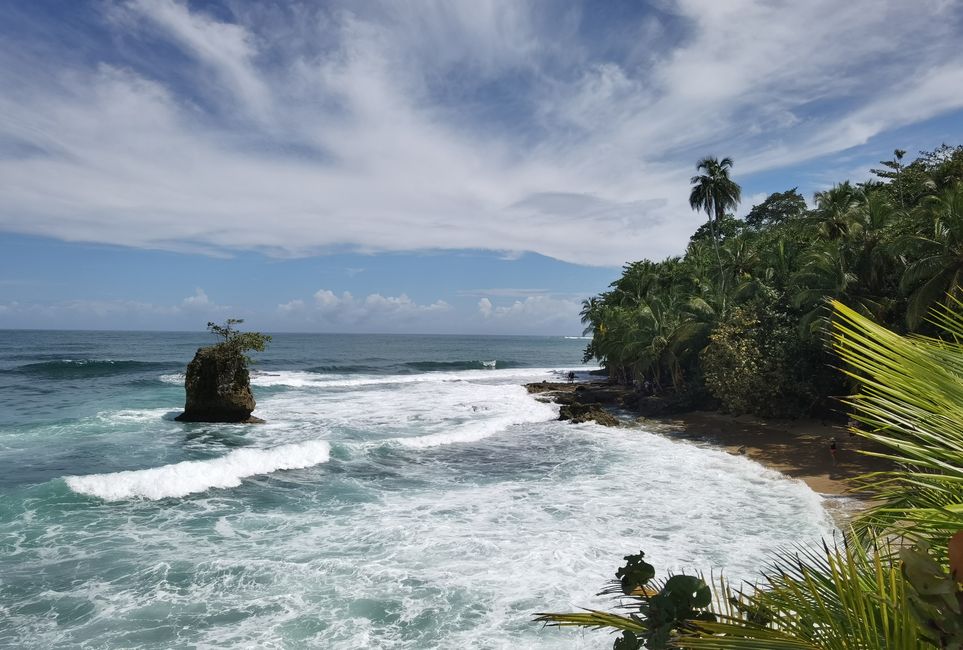
Ripoti za usafiri Kosta Rika

